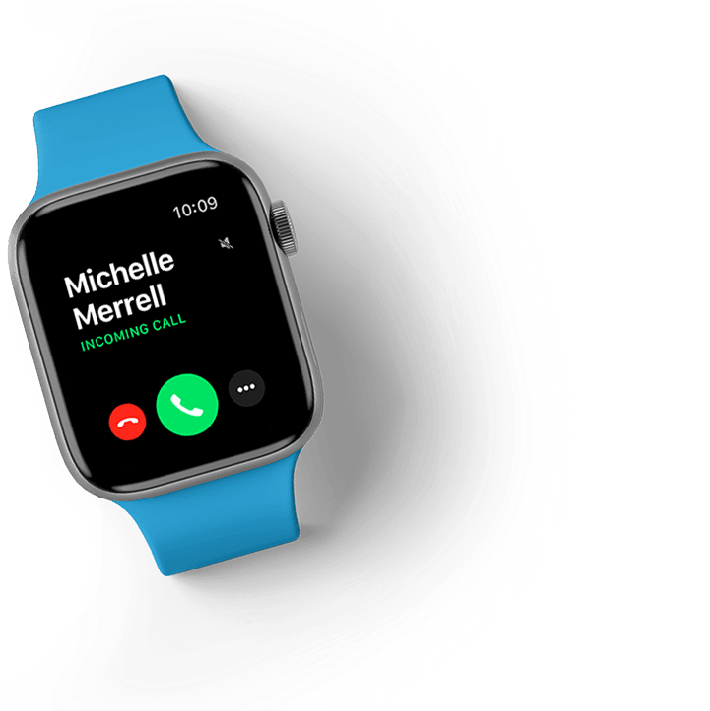Oklahoma is a great place to live… unless you have allergies. Unfortunately, local environmental allergens can make certain times of the year difficult for many of us. What can we do to improve allergies in Oklahoma?
Allergens are substances that can trigger an allergic reaction. Each person has a unique set of allergens that they are sensitive to, and the level of sensitivity can vary from allergen to allergen. Normally, we place allergens in two main categories, food allergens and environmental allergens. Sometimes providers will further categorize environmental allergens as either “indoor allergens” (molds, pet dander, and even cockroaches) or “outdoor allergens” (grass, trees, and weeds). Food allergens tend to cause more general symptoms (itching, hives, stomach pain, breathing difficulties), while environmental allergens often cause more localized reactions (itchy watery eyes, sneezing, runny nose).
The first step in treating allergies is allergen avoidance. In order for this to be effective, you must know what you are allergic to, and also be able to avoid contact with the allergen. If the allergen is a food, that is fairly easy. Food labels should provide that information. Environmental allergens can be more difficult to avoid. If it is pet dander, you can say “Honey, you are going to have to choose… me or the cat!” (Some of you will be very disappointed at the results of this ultimatum). If it is a weed, grass or tree allergen, avoidance is difficult.
Antihistamines (Claritin, Zyrtec, Allegra, etc.) can help block histamines which are released when your body is exposed to an allergen your body is sensitive to. It is important to remember that antihistamines DO NOT eliminate histamines from your body. They can only try and block histamines from doing their dirty work. Therefore, you must already have the antihistamine in your body before the histamine is released. That is why antihistamines are more effective if you start them a week or two before the allergy season begins and continue to take them daily until after the allergy season ends.
Intranasal corticosteroids (Fluticasone, Nasacort, etc.) are the most effective class of medication for controlling persistent seasonal allergies. Once again, daily use is required in order to be effective.
If you would like some guidance on treating your allergies, contact us at Primary Health Partners (405-607-8855). We have a simple blood test that can test for 63 different food and environmental allergens (no more skin pricks!). We can also help you find the most effective way of avoiding offending allergens and prescribe a treatment method that will work best for you.

